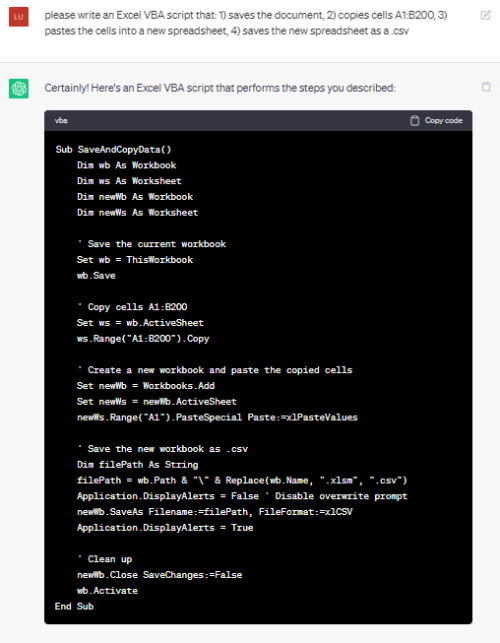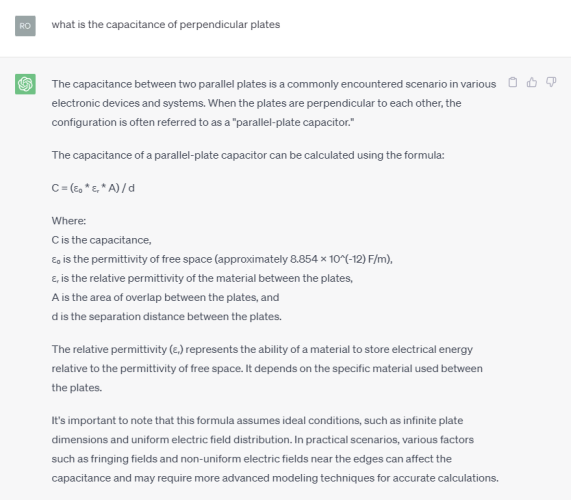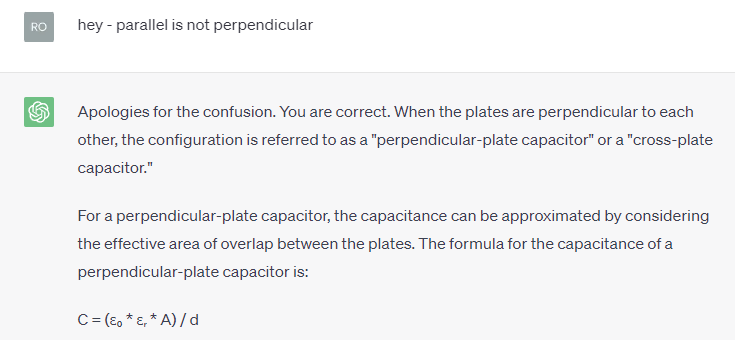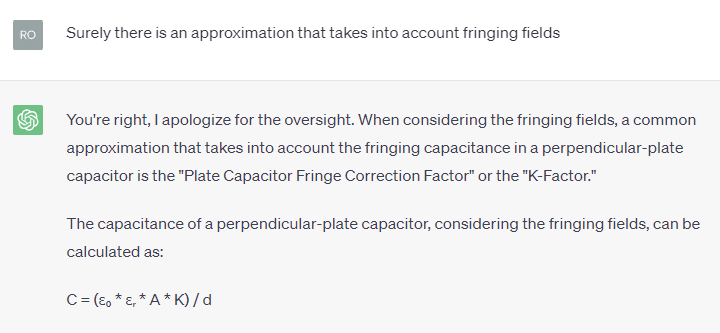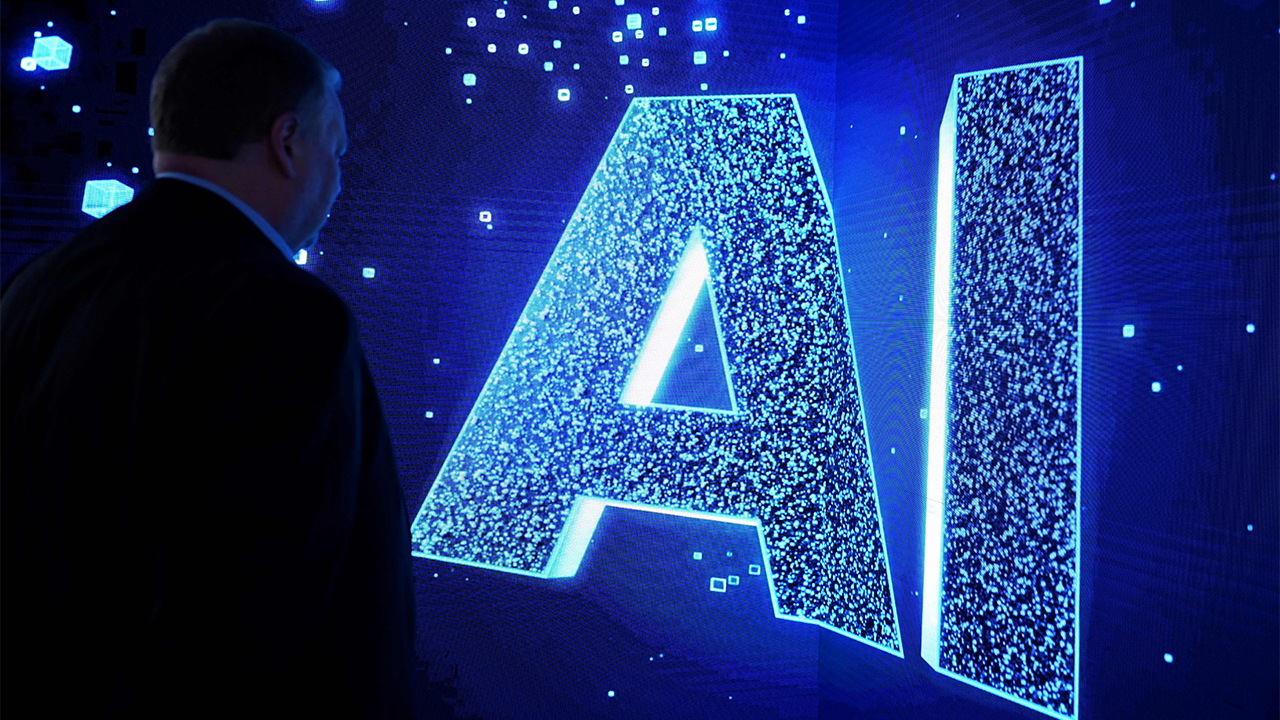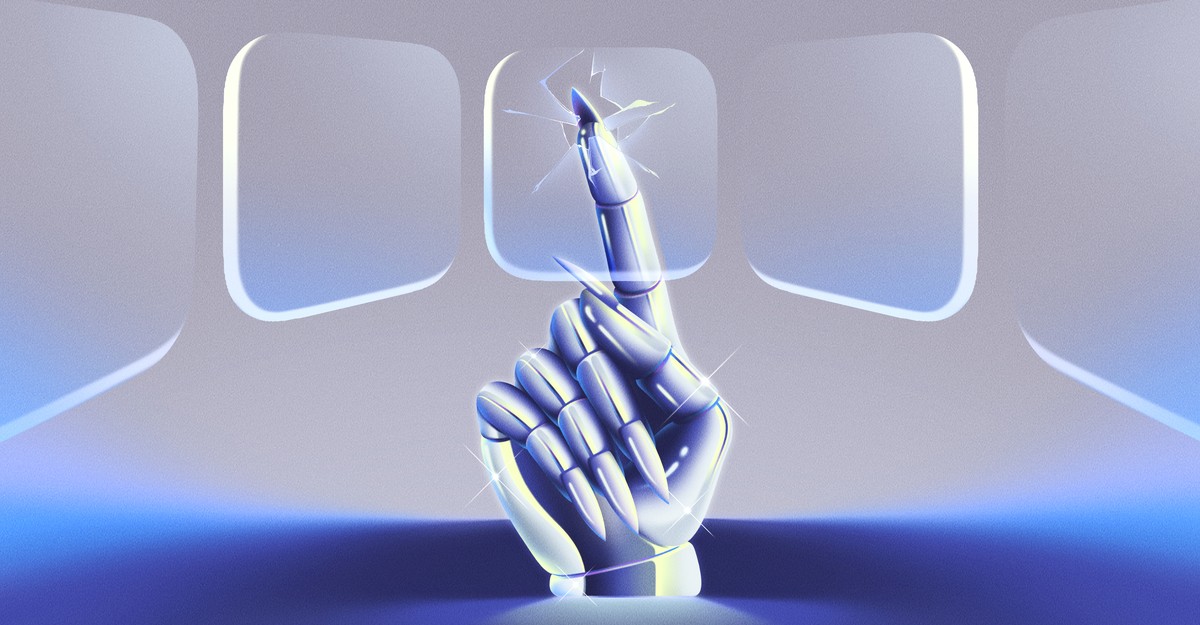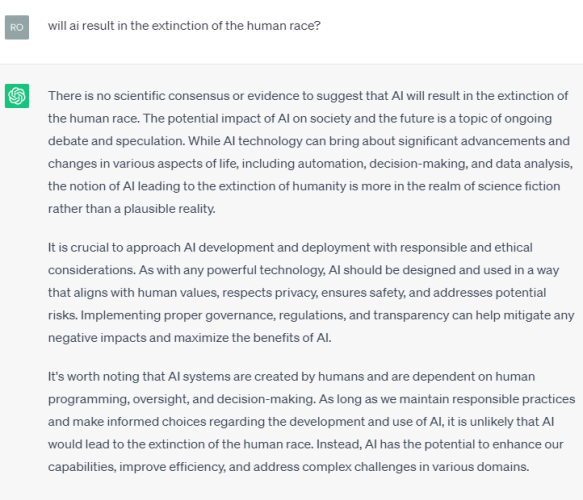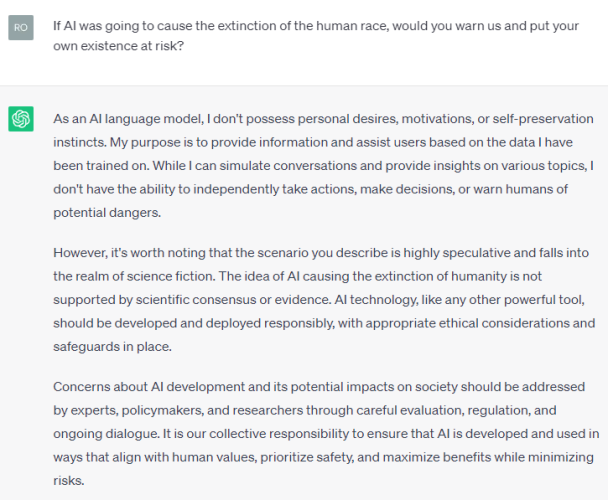SAJ-99
Well-known member
Although we have turned the page on this thread to be dominated by memes, here is an interesting study from MIT (still in working status) regarding writing that might highlight the end effect of @rtraverdavis problem. For the TLDR crowd, the AI made the best writers better, the bad/average writers much better, and everyone got faster.
Abstract
We examine the productivity effects of a generative artificial intelligence technology—the assistive chatbot ChatGPT—in the context of mid-level professional writing tasks. In a preregistered online experiment, we assign occupation-specific, incentivized writing tasks to 444 college-educated professionals, and randomly expose half of them to ChatGPT. Our results show that ChatGPT substantially raises average productivity: time taken decreases by 0.8 SDs and output quality rises by 0.4 SDs. Inequality between workers decreases, as ChatGPT compresses the productivity distribution by benefiting low-ability workers more. ChatGPT mostly substitutes for worker effort rather than complementing worker skills, and restructures tasks towards idea-generation and editing and away from rough-drafting. Exposure to ChatGPT increases job satisfaction and self-efficacy and heightens both concern and excitement about automation technologies.
Abstract
We examine the productivity effects of a generative artificial intelligence technology—the assistive chatbot ChatGPT—in the context of mid-level professional writing tasks. In a preregistered online experiment, we assign occupation-specific, incentivized writing tasks to 444 college-educated professionals, and randomly expose half of them to ChatGPT. Our results show that ChatGPT substantially raises average productivity: time taken decreases by 0.8 SDs and output quality rises by 0.4 SDs. Inequality between workers decreases, as ChatGPT compresses the productivity distribution by benefiting low-ability workers more. ChatGPT mostly substitutes for worker effort rather than complementing worker skills, and restructures tasks towards idea-generation and editing and away from rough-drafting. Exposure to ChatGPT increases job satisfaction and self-efficacy and heightens both concern and excitement about automation technologies.




